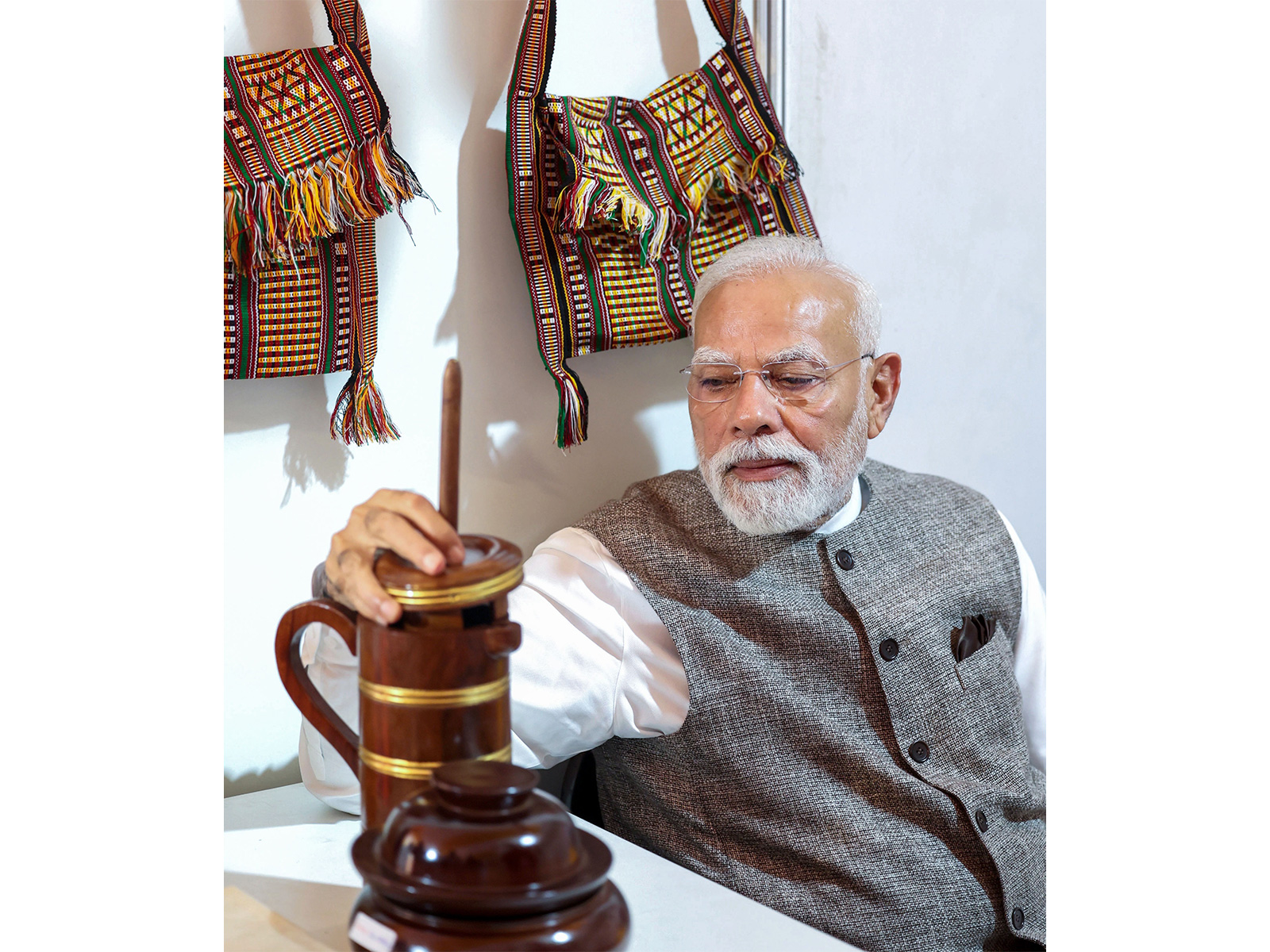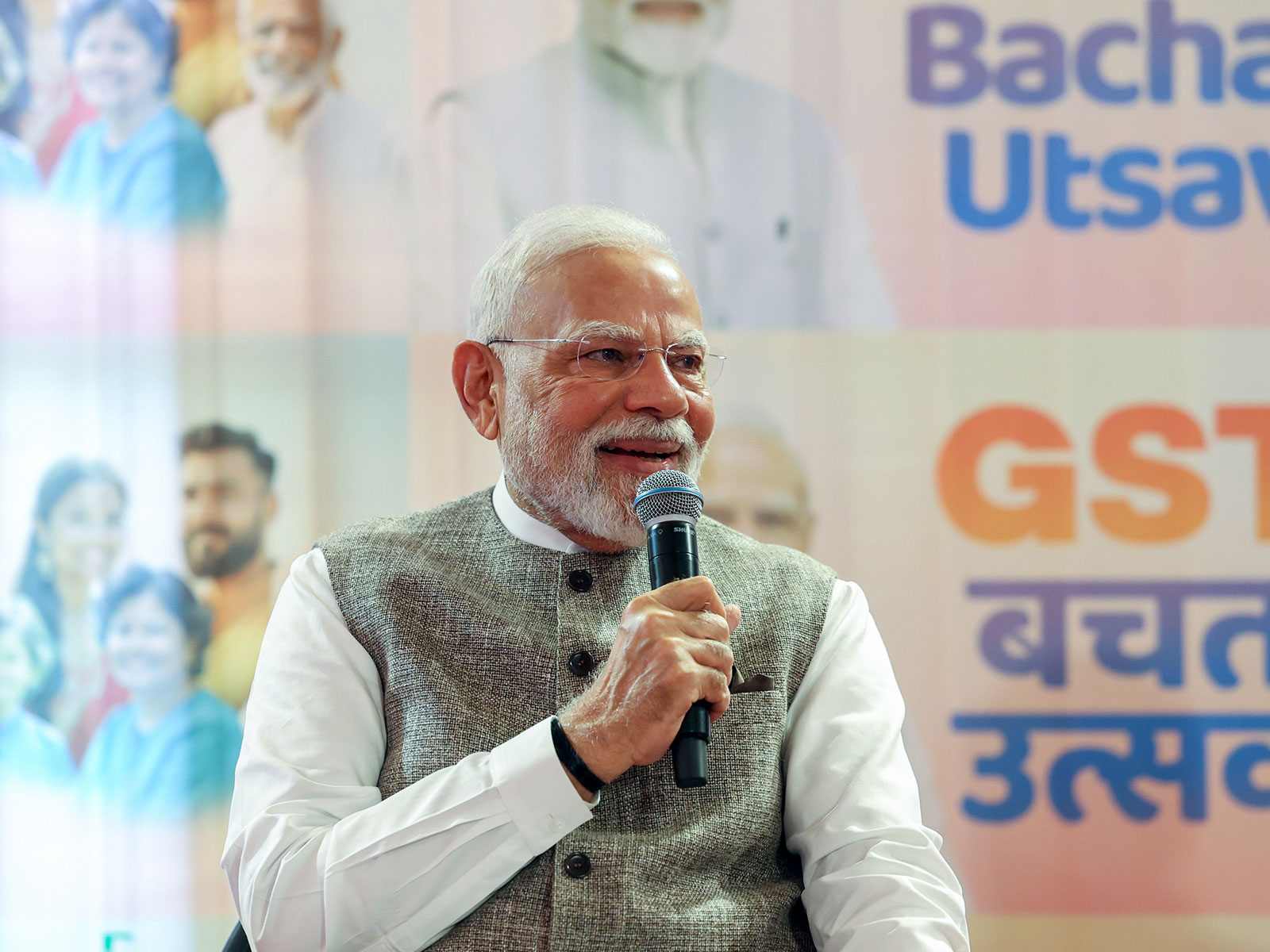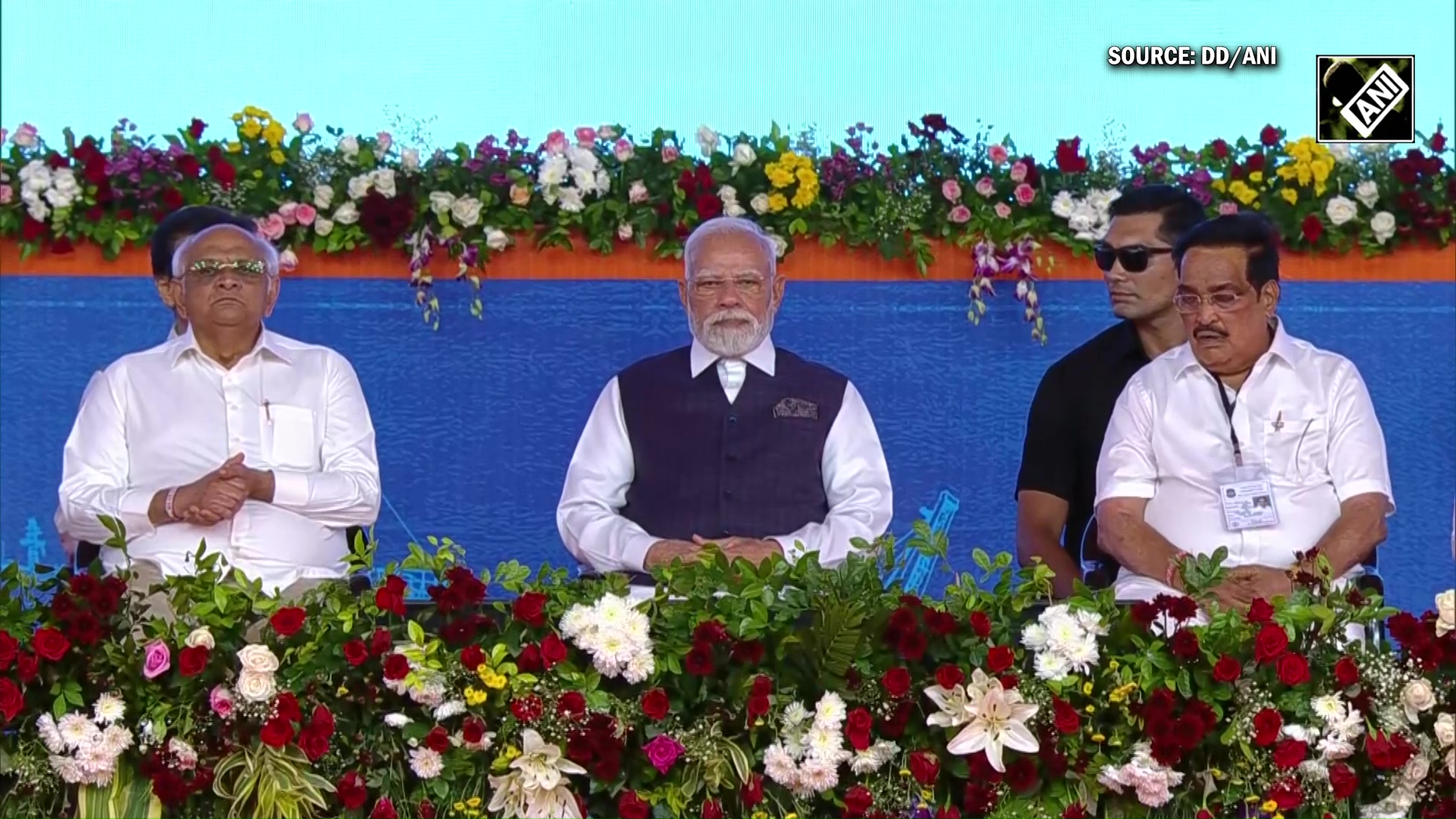
GST reforms to benefit consumers and traders alike, says BJP's spokesperson Gopal Agarwal
Sep 22, 2025
Shimla (Himachal Pradesh) [India], September 22 : The new Next-Gen GST reforms came into effect today, with the Bharatiya Janata Party (BJP) hailing it as a 'historic' reform that will benefit ordinary citizens, farmers, traders, and small businesses without causing any loss to the states.
Under the revised structure, the previous four-tier GST slabs have been consolidated into two main categories: 5 per cent and 18 per cent. Items that were earlier taxed at 12 per cent have been brought down to 5 per cent, while those in the 28 per cent category have been rationalised to 18 per cent. Essential commodities and daily-use items are now taxed at the lowest rate, making them more affordable for households.
Addressing a press conference in Shimla, BJP national spokesperson Gopal Agarwal said that the government has consistently worked towards making GST easier and more transparent for businesses and consumers alike.
"GST has been simplified 56 times so far. With Next-Gen GST, relief will reach common people, farmers, traders, and small-scale industries. Registration for new traders will now be completed within three days, and 90% of refunds will be issued immediately," Agarwal said.
He added that the reforms will accelerate the pace of India's growth.
"These GST reforms will be very beneficial in achieving the goal of a 'Developed India'. Himachal Pradesh in particular will gain more because of its high number of consumers," he said.
The BJP is celebrating the reform as a "GST Savings Festival" across the country, underlining that the new system will not only lower inflation but also create a fairer and faster tax structure.
"Next-Gen GST ensures no state will suffer losses. It is a win-win situation for both consumers and traders, and it will strengthen India's economic progress." He said.
With the festive season approaching, the party said the price relief is expected to directly benefit households and boost market demand, particularly in consumer goods and essential commodities.

























